1. Introduction to sport and extracurricular activities
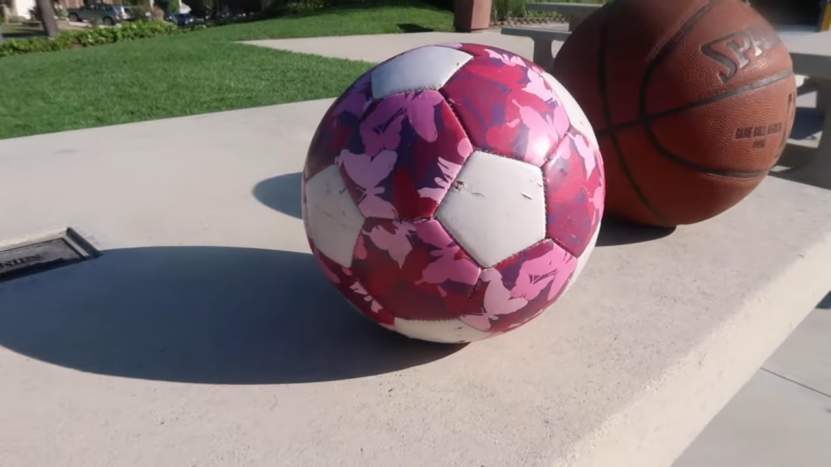
Getting kids excited about sports and being active at an early age is vital to prepare them for a healthy life. It teaches them to enjoy the physical activity that will help them maintain a healthy weight and good physical health, as well as help them develop better bone and muscle structure. Any parent will also welcome the fact that physical activity and ball play boosts the immune system, which means children are less likely to get sick as their defense against disease gets stronger. And though sometimes it can be a little too much for a parent to have an energetic child running around, those long hours of noisy and lively ball play will improve the quality of kids’ sleep, which helps them function better in every aspect of their lives.
2. Hand-eye coordination
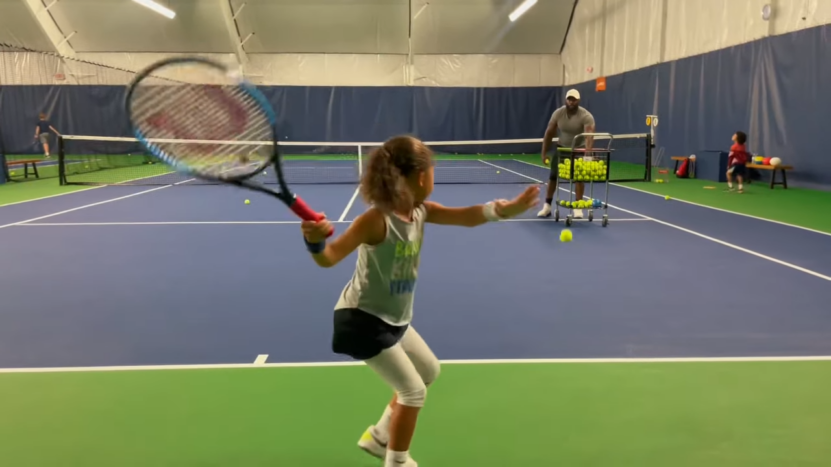
Hand-eye coordination uses the eyes to direct attention to a task and the hands to execute it. For a child, this could be as simple as putting blocks on top of one another or putting a lid on a box, but in conjunction with fine motor skills, the development of this skill is critical for many aspects of life. A simple game of “throw and catch” early on can help your child develop such as unexpected skills as good handwriting, which is dependent on good hand-eye co-ordination as the eyes need to guide the hand in forming the letters and making sure they stay within the lines. Eye tracking skills, which are vital for reading, are also developed by ball play and related activities that require good hand-eye coordination. Kids need hand-eye coordination to tie shoelaces and frost cakes as well!
3. Gross and fine motor skills
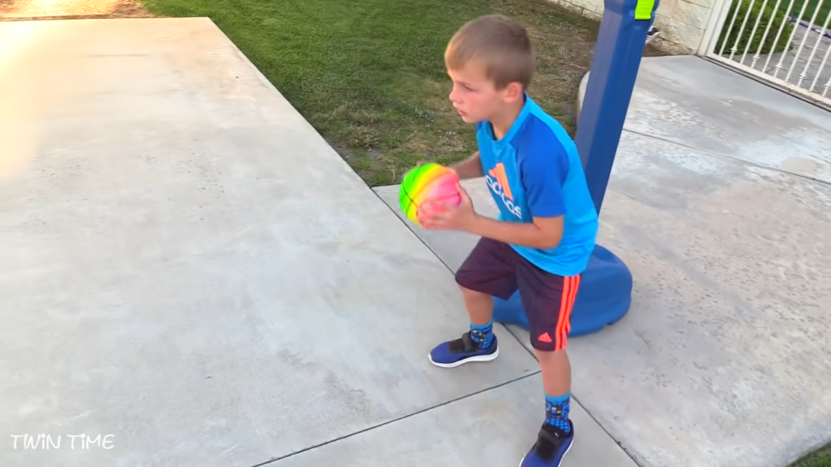
Balls are an excellent choice for developing and strengthening motor skills. Early on it familiarizes little ones with their environment, develops their upper body mobility, helps them grow stronger, and develops the muscles they need to run, jump, and hop higher and faster.
As they gain greater motor skills through ball play, children move more easily and developmental delays can often be avoided. They also gain more self-confidence as they enjoy the thrill of overcoming old boundaries and challenges and as they move on to more demanding physical activities.
Fine motor skills are also developed by ball play, including playing throw and catch, and are crucial for everyday self-care skills. Without adequate motor skills, a young child will struggle with day-to-day tasks like feeding themselves, dressing, packing away their toys, and getting onto and off the toilet or potty.
4. Timing
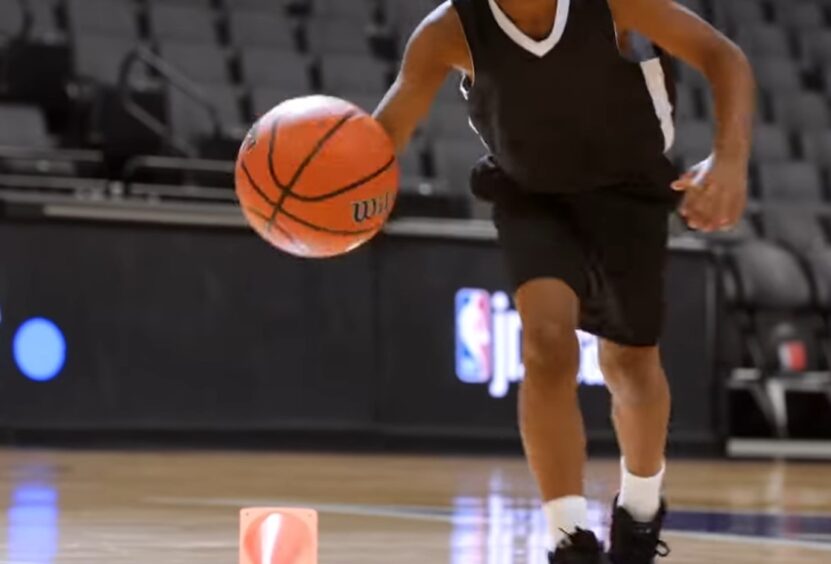
A child will only him- or herself to get hit by a ball only so many times before they begin to keep their hands up or stretch their arms out quicker—developing the important skill of timing! Playing with any variety of ball can help a child’s timing: dribbling a basketball creates a beat that they can tune into and dribbling a soccer ball with the feet likewise requires timing, as does catching the ball since the receiver has to in the right place at the right time to catch the ball. Timing, of course, is hugely important in many aspects of life, and it can be a great relief for parents when their children develop these skills – it certainly helps them when learning to cross the road!
5. Prediction
As we all know exercise improves mental health, helps memory, and is excellent for brain function. Likewise, after many hours of ball play fun and drills, children will figure out which way a ball will bounce, or how quickly a ball will roll, and this will develop their cognitive function. It will also teach them to anticipate the ball’s movements – direction and speed – which is the foundation for another vital life skill: prediction. Like timing, such ability will give a child the confidence to predict when a traffic light will turn red or green – and what will happen when that happens – and also help them excel on tests and quizzes at school thanks to their improved retentive memory and cognitive skills.
6. Force
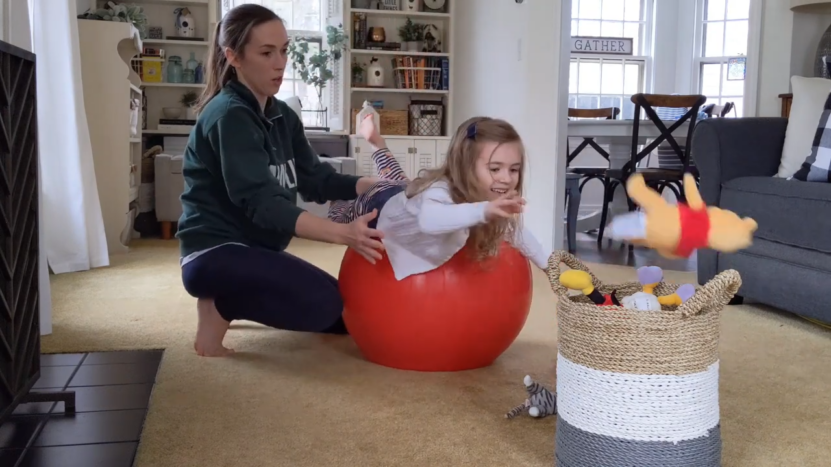
Knowing how much strength is needed to throw or kick a ball is not easy for kids. But with plenty of practice and building of muscle strength, they will learn how to apply the right amount of force at the right time. This will help them avoid accidents, including breaking objects and toys at home, as they’ll learn not use excessive force and to keep control of how much force they use. Knowing how many school books they can pick up at a time without dropping them and hurting them self is also a great achievement for a kid, grounded in skills learned through ball play fun and practice.
7. Good sportsmanship
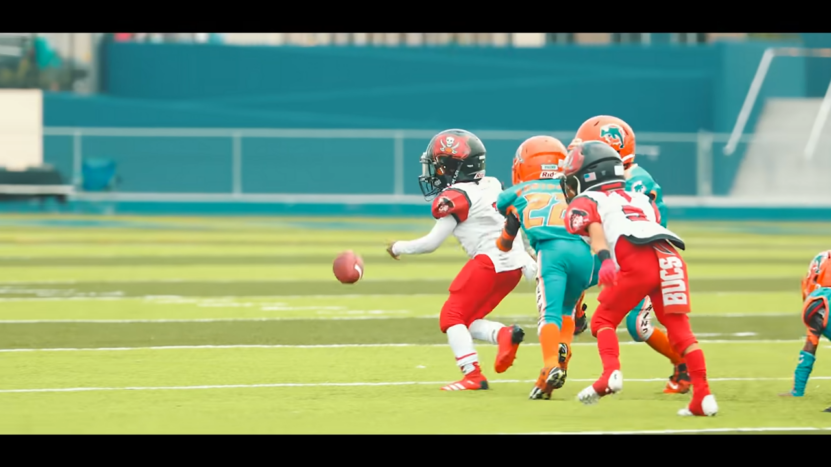
Having patience, taking turns, and displaying good manners are all traits that we want our kids to have, and if they learn these from an early age, it will be ingrained in them for life! Ball play is all about good sportsmanship. It teaches kids fair play through teamwork, sharing, cooperation, patience and tolerance. When parents provide the foundational skills for the athletes of the future, they also instill vital skills of lifelong importance in their children.
As you introduce your kids to ball play and extracurricular activities, keep the above in mind and be proud that you are doing so much more for your children. A top quality play ball like the Fitness Factor Playground Ball can be hugely beneficial for them as they develop into healthy, well-developed, and clear-thinking adults with great respect for their parents, teachers, coaches, and teammates.

